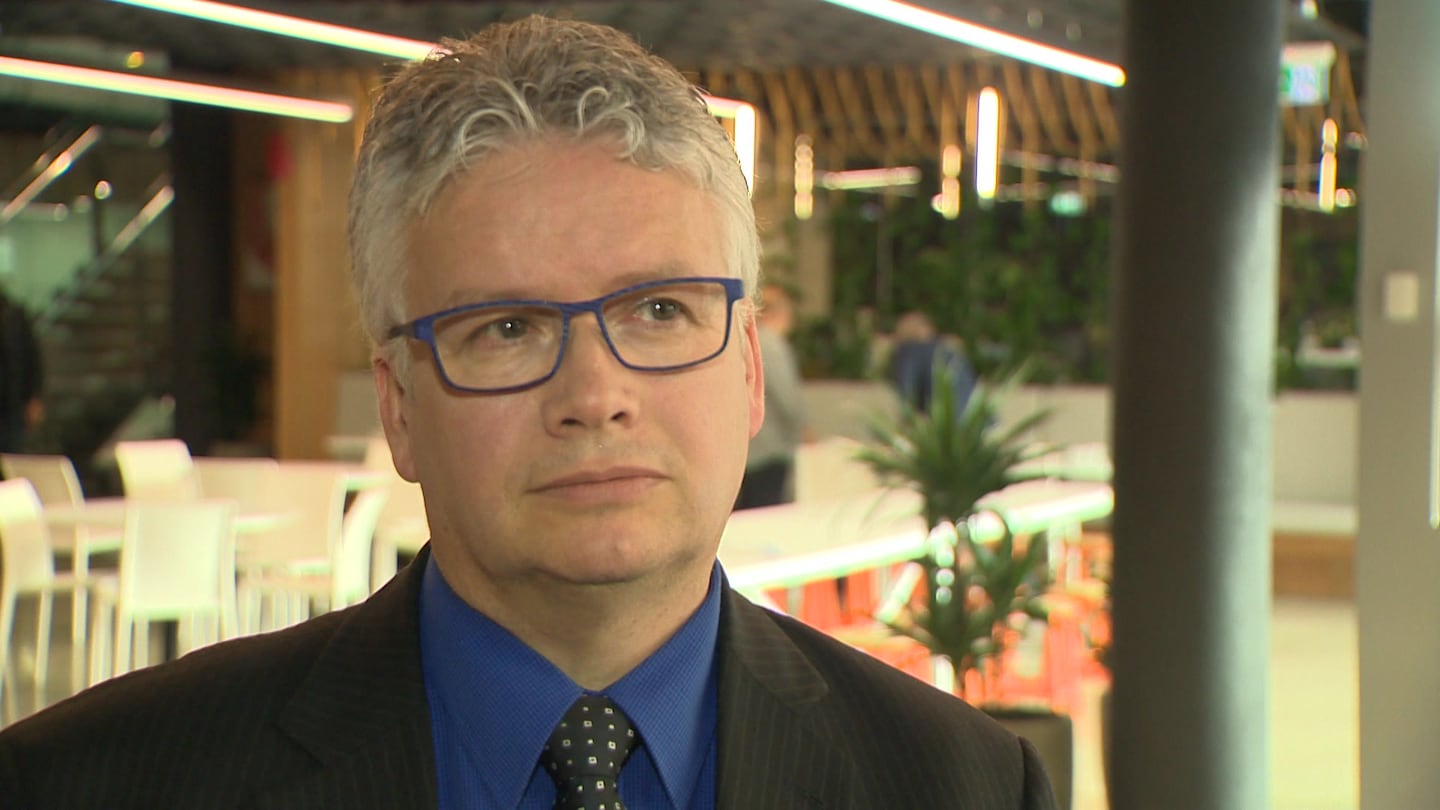The man who fought long and hard for the establishment of Māori wards in local government says the Government’s move to bring back binding referendums that could block them is racist.
Andrew Judd’s New Plymouth mayoralty was defined by the Māori ward debate that saw him stand down after one term and spend years dedicating himself to campaigning for the establishment of the wards.
He believed that battle was won in 2021 when the Labour Government scrapped a law that allowed binding polls on the inclusion of Māori wards around the council table.
But on Thursday, Local Government Minister Simeon Brown announced a reversal of that law.
The announcement meant that at the 2025 local elections, councils that established a Māori ward for the first time in 2022 without a binding referendum would need to either disestablish the ward or hold a referendum.
Judd said reversing the law change was “colonisation 101″.
“It is, frankly, racist. I’m going to fight it every step of the way.”
An angry Judd called on Prime Minister Christopher Luxon to explain why Māori seats were worth keeping in central government but not in local government. Judd pointed out that National had stood candidates in all the Māori electorates.
“What’s the difference? It’s taking us backwards.”
Stratford Māori ward councillor Clive Tongaawhikau (Te Ātiawa, Ngāti Ruanui, Ngāruahine, Ngāti Maru) said the new rules were not a positive change.
Māori representation should be a right if the Treaty of Waitangi was to be honoured, he said.
“There is a provision for this to happen as a partnership. We are equal partners.”
He was only one voice out of 12 on the council, he said. “A small voice. Some people see it as a negative, but I don’t see it like that.”
In Taranaki, all three district councils and the regional council have Māori wards. Sometimes this has been the subject of fierce debate.
In July 2020, the New Plymouth District Council voted to establish a ward, bypassing consultation. In November that year, the South Taranaki District Council also voted to establish a ward in 2022.
In April 2021, the Taranaki Regional Council, which had initially opted to reconsider the ward issue in 2023, also voted in favour of a ward. One month later, the Stratford District Council voted to include a ward in the 2022 local body elections.
In 2015, while Judd was mayor of New Plymouth, a binding referendum on the ward issue was forced after a petition signed by 5% of electors was handed to the council.
Voter turnout was just 45%, but of those 21,053 people were against the creation of the ward, with only 4285 in favour of it.
In 2020, another petition asking for a referendum on the wards in New Plymouth was unsuccessful, only collecting signatures from about 2% of the required 5% of voters.
Mayors weigh in
New Plymouth mayor Neil Holdom said he wasn’t in favour of disestablishing the Māori ward in New Plymouth and acknowledged Māori ward councillor Te Waka McLeod for her strong contribution to the council.
The government has set an ultimatum: either disestablish the ward or go to the significant expense of holding a referendum, which would be a highly divisive debate, Holdom said.
“The council will come together to discuss this over the next few weeks as we come to understand the Government’s decision.”
It was something the Stratford District Council would be having a look at, mayor Neil Volzke said.
This term of councillors had never discussed a Māori ward and Volzke didn’t know what the outcome would be.
“I’d like to think that elected members who are opposed to a Māori ward will allow the community to decide.”
In May 2021, Stratford councillors voted unanimously in favour of having a Māori ward after hearing from iwi. This was a change from a couple of months earlier when seven councillors had voted against the idea.
South Taranaki mayor Phil Nixon said the council introduced a Māori ward in 2020 after public consultation.
There was no referendum, he said, and although the council received a petition to hold a poll, it didn’t have enough signatures.
“We don’t want to hold a costly referendum. What we’re doing is working for us and is representative of our community.”
- Taranaki Daily News



